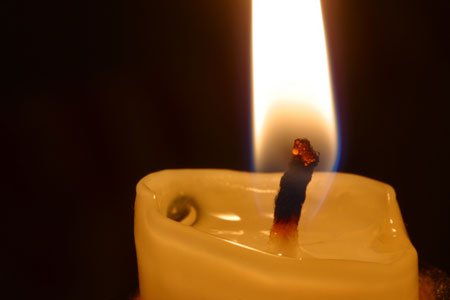This holiday season be sure to celebrate with family and friends in a safe manner. By taking preventive steps and following simple measures most home fires can be prevented. Christmas trees, candles, and other decorations make for a joyous holiday, but what few of us consider is that the holiday season is a time when there is an increased risk of home fires as well as poison hazards to young children and pets.
According to the National Fire Protection Association, U.S. fire departments respond to an average of 230 home structure fires caused by Christmas trees every year. One out of three of those fires is caused by electrical problems, and one in six results from a heat source that’s too close to the tree.
While enjoying this holiday season, keep these safety tips in mind:
- Natural Christmas trees always involve a greater risk of fire. Keep the tree watered at all times.
- Do not put the tree within three feet of a fireplace, space heater, radiator or heat vent.
- Do not put ornaments that have small parts or metal hooks, or look like food or candy, on the lower branches where small children can reach.
- Do not overload extension cords or outlets and do not run an electrical cord under a rug.
- Always turn off Christmas tree lights before leaving the home or going to bed.
- Water your tree daily.
- Never leave lit candles unattended. Using battery-operated flameless candles is an alternative.
- Do not put candles on a tree or a natural wreath, or near curtains or drapes, and be sure to keep matches and lighters locked out of children’s reach.
- Inspect lights for exposed or frayed wires, loose connections and broken sockets.
- Make sure all exits are accessible and not blocked by decorations or trees.
- Artificial snow can be harmful if inhaled, so use it in a well-vented space.
- Mistletoe berries, Holly Berry and Jerusalem Cherry can be poisonous. If they are used in decorating, make sure children and pets cannot reach them.
- Test smoke alarms and carbon monoxide alarms to ensure they are working properly.
For additional safety tips, visit our social media pages: www.facebook.com/hcdfrs and www.twitter.com/hcdfrs.
